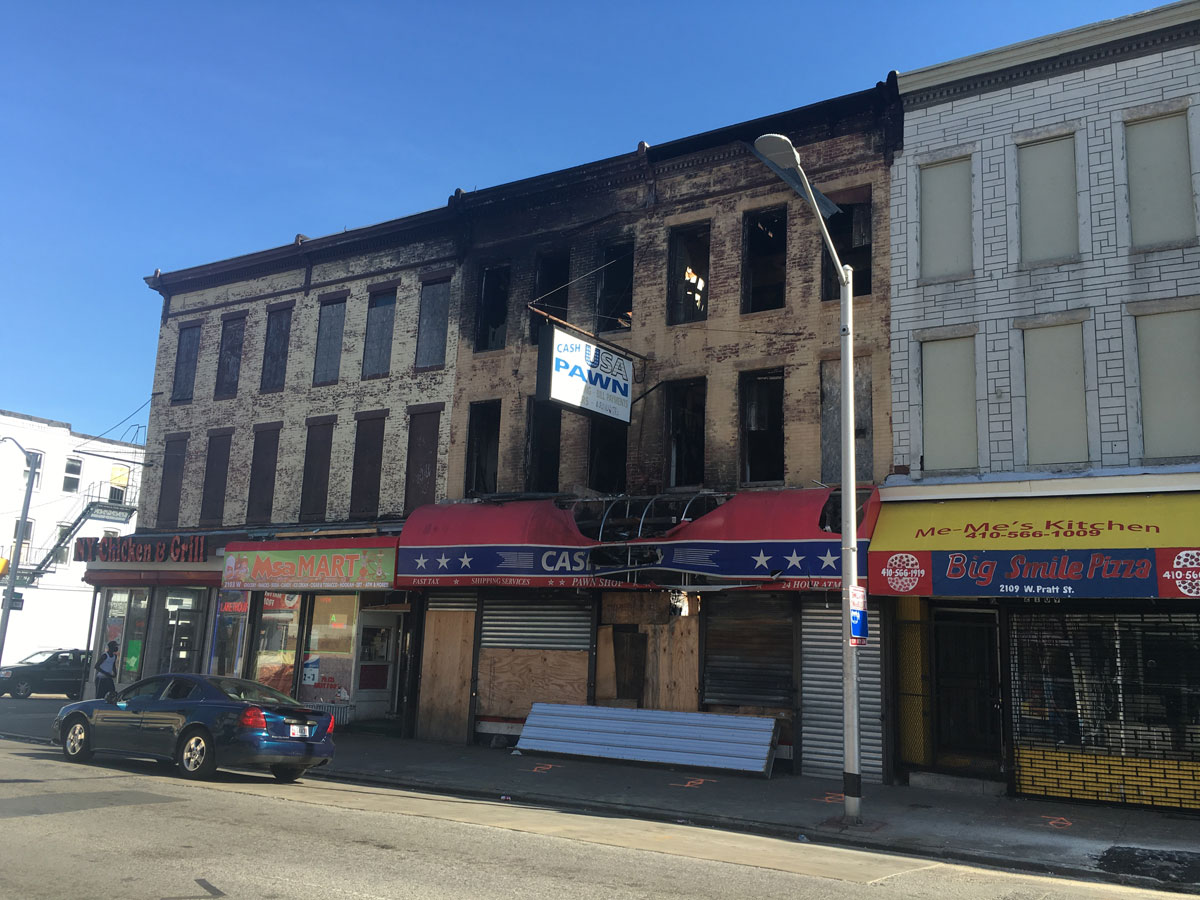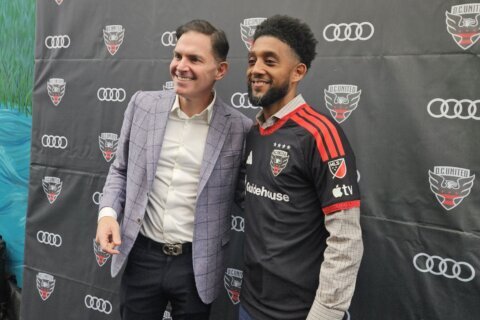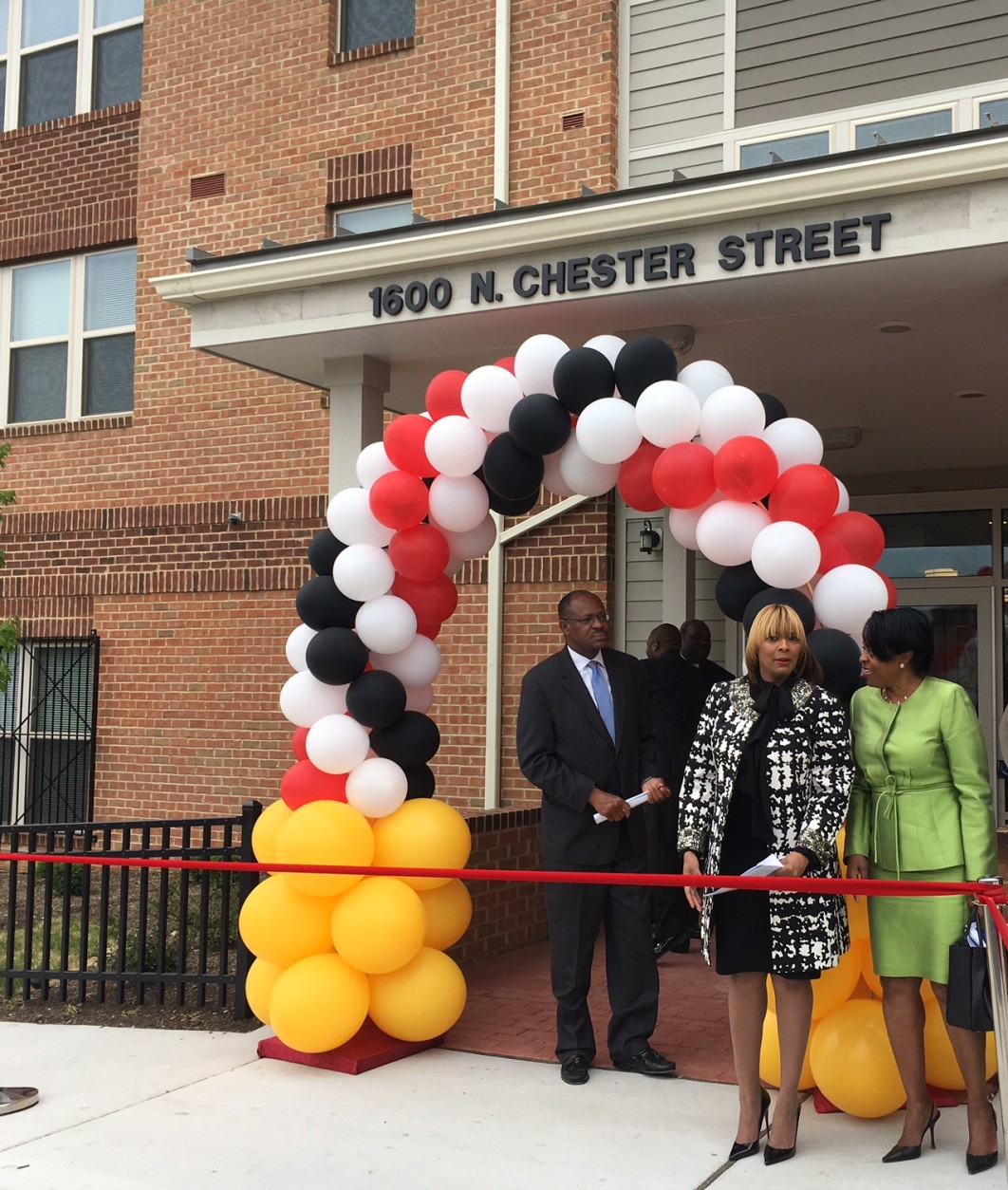
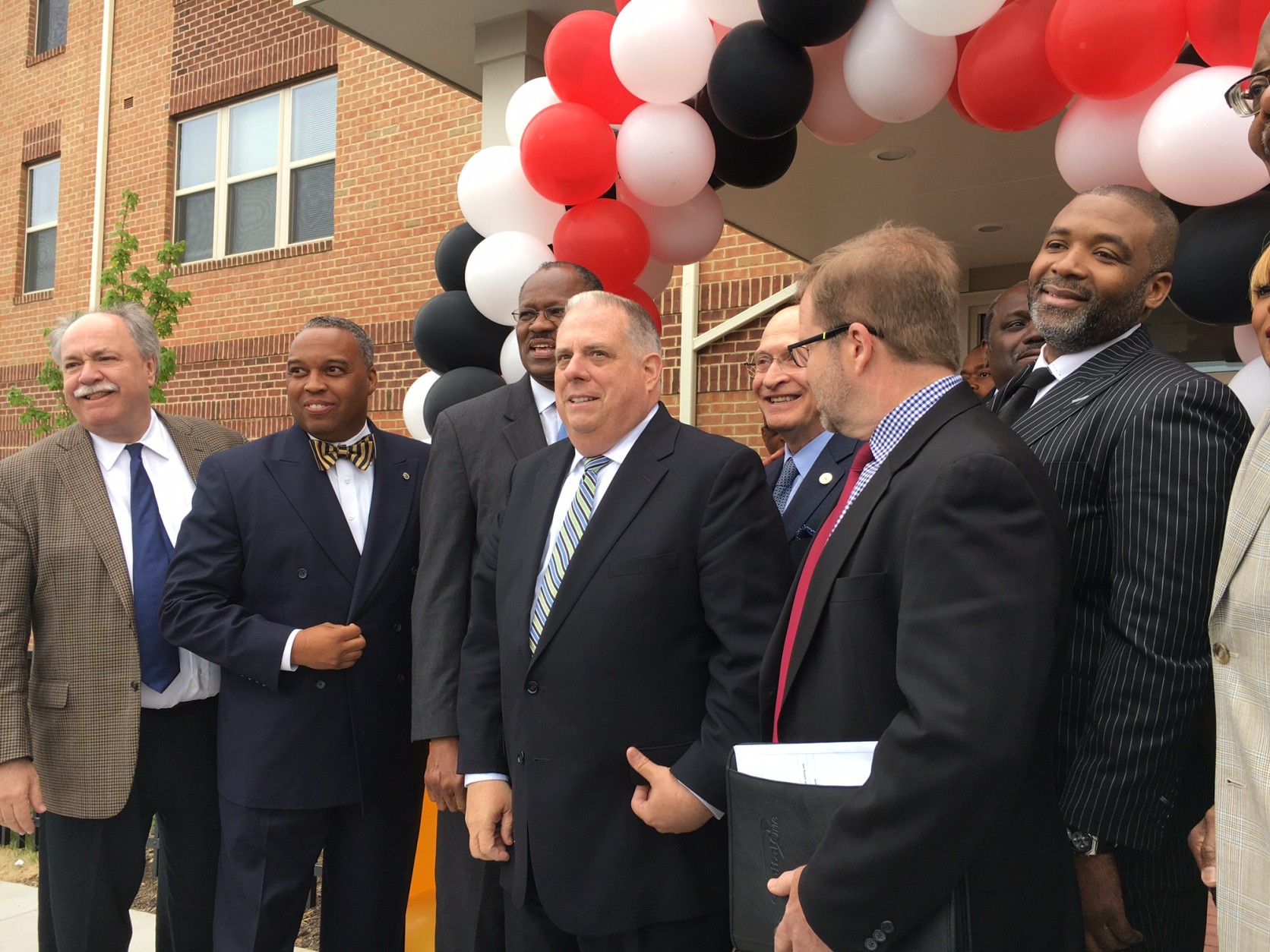
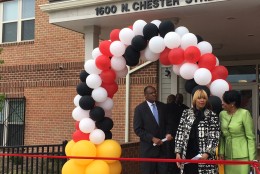
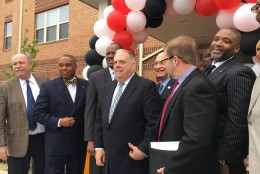
WASHINGTON — It was supposed to be the centerpiece of a neighborhood revitalization in Baltimore. So when word spread that the senior center of Southern Baptist Church went up in flames during the riots, it was especially wrenching.
One year later, the entrance to the Mary Harvin Transformation Center was festooned with an archway of balloons, and Maryland Gov. Larry Hogan was among the dignitaries who attended the ribbon-cutting ceremony.
“One year from the time it burned to the ground, it’s just amazing. It’s a beautiful facility and we’re very excited just to be here and be a part of it,” Hogan said as he toured the center’s interior.
Shirley McNeil was among the first occupants of the senior center operated by the Southern Baptist Church. She was clearly delighted by the rebuilding, and the celebration in a neighborhood that hopes to see more recovery.
“How they rebuilt, and rebuilt in a timely manner, you know, it’s just awesome!” McNeil said.
Her daughter Rhonda McNeil said the restoration of the center allows her to know that her mother is getting the services she needs.
“We’re from the heart of East Baltimore, so this is our area,” she said, looking around the building.
Michael Saunders, who goes by “Big Mike,” was among the local residents attending the event.
He asked Hogan to take a selfie with him, and got a bear hug from the governor.
Saunders, 57, said he’s hoping the reconstruction of the Mary Harvin Center is just the start for a city that still has block upon block of boarded up, abandoned buildings.
Saunders recalled when the area was a vital neighborhood, with lots of small businesses dotting the blocks where families knew each other well: “I know what this area was about, and I’d love to see it come back like it used to be.”
A few miles to the west of the Mary Harvin Center, another community marked the anniversary of the riots with a vigil and a pledge to work together to heal the city’s wounds: including those that were present before Freddie Gray’s death.
Phyllis Felton, pastor of the Madison Avenue Presbyterian Church, led a community walk and gathering so “that we as a church might step beyond the confines of church walls to add our voice to the voice of our neighborhood.”
If there’s one thing Felton wants people to know about Baltimore, it’s that there are thriving communities among those that are struggling.
“Don’t write us off — don’t label us — because we’re not dead,” she said.


